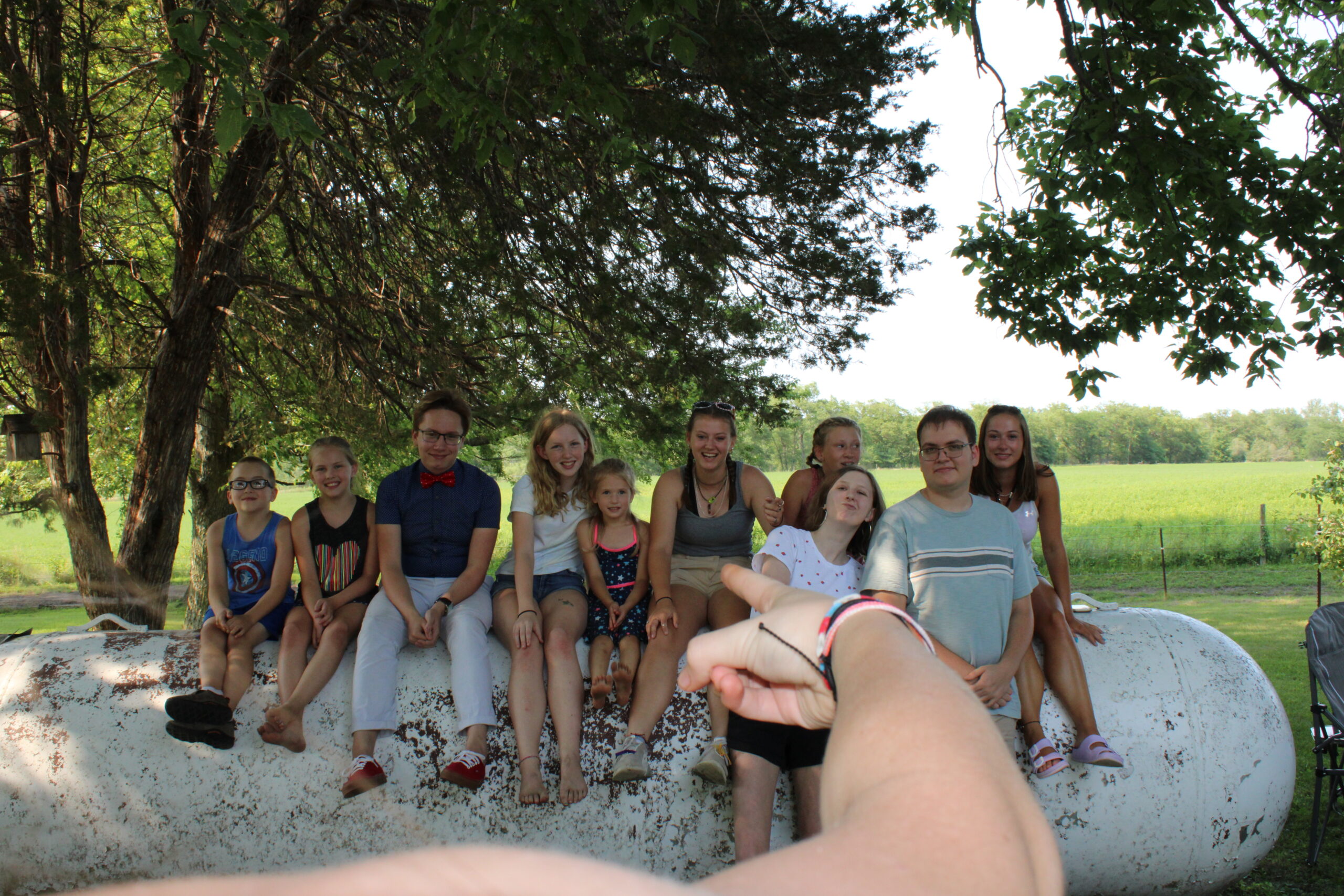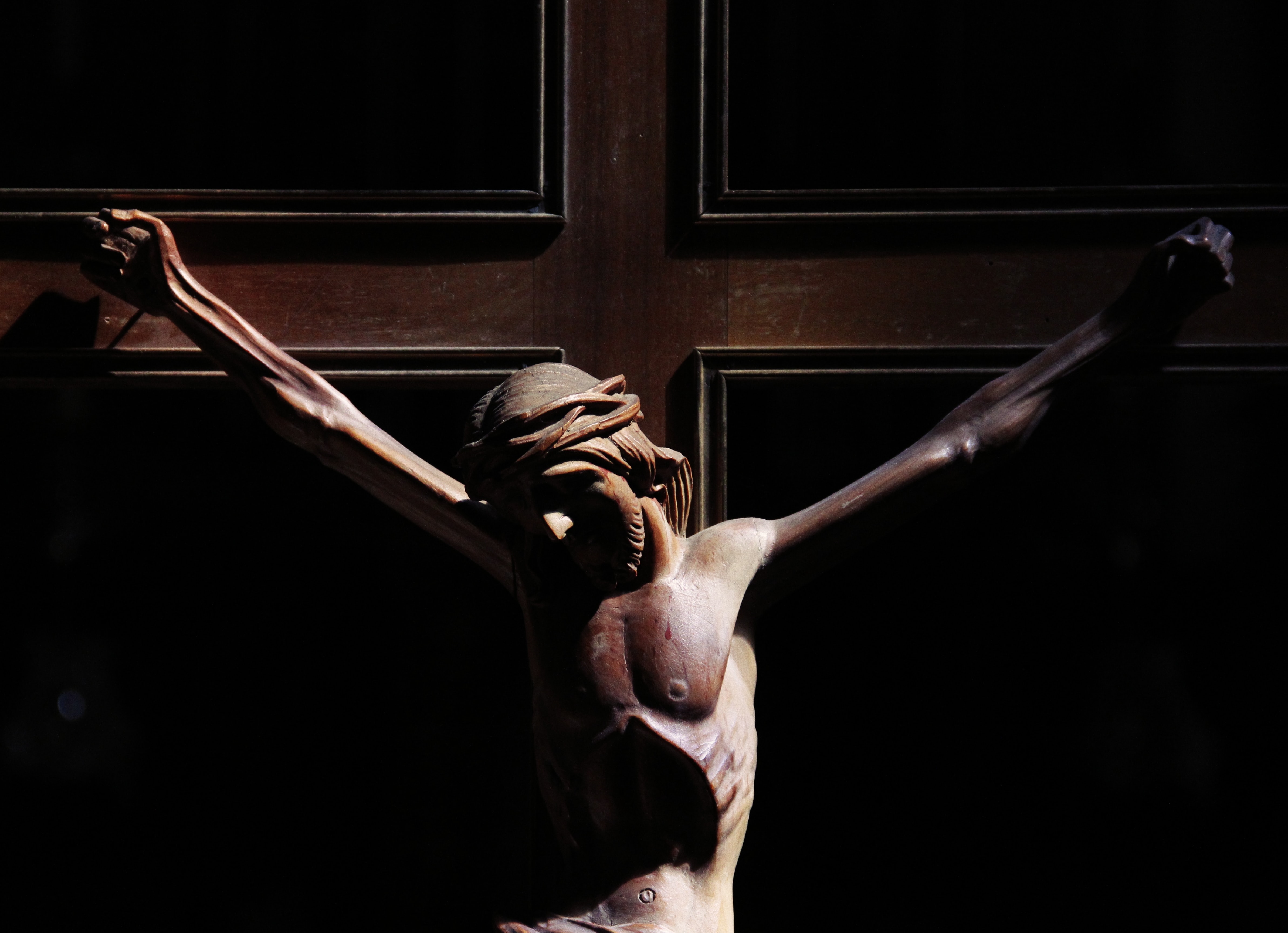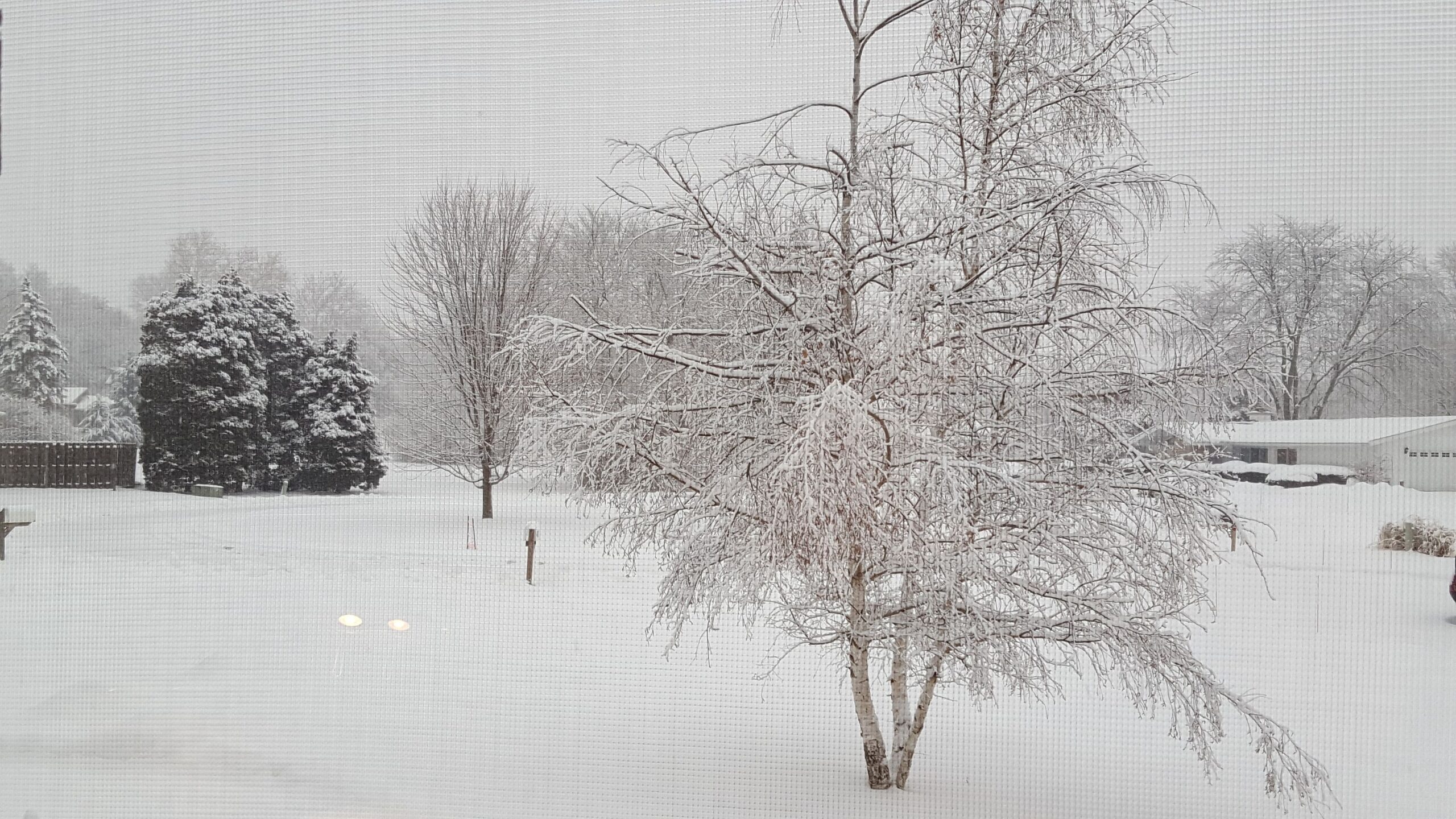
I’d like you to imagine this scene. You are in grade school standing with a group of your friends on the school playground. Two people emerge as captains and begin picking their teams. You stand there, waiting for your name to be called and to be chosen. What are some of the emotions that are running through your mind? Is it excitement in anticipation of your name being called? Is it anxiety and the stress of waiting? Is it doubt that maybe you don’t feel like you’re worthy of being chosen? Or is it fear, thinking to yourself, “Please don’t let me be picked last.” Finally, you’re picked. What were you feeling? Was it relief that you landed on a team? Were you hesitant because you weren’t sure of what was to come? Or were you filled with exuberance, ready to jump in and get started? I remember one time in grade school, there was a boy named Billy who had absolutely no athletic skill at all, and neither captain wanted him on their team. Eventually he was the last kid standing. When he was finally chosen, he didn’t reluctantly mosey over to his team because he was last. He was filled with such joy and excitement that he began yelling at the top of his lungs, “Woo hoo! Yeah! Alright! Let’s do this!” The rest of us kind of looked at each other in complete shock because we had never seen anyone so excited to be chosen. Read More












